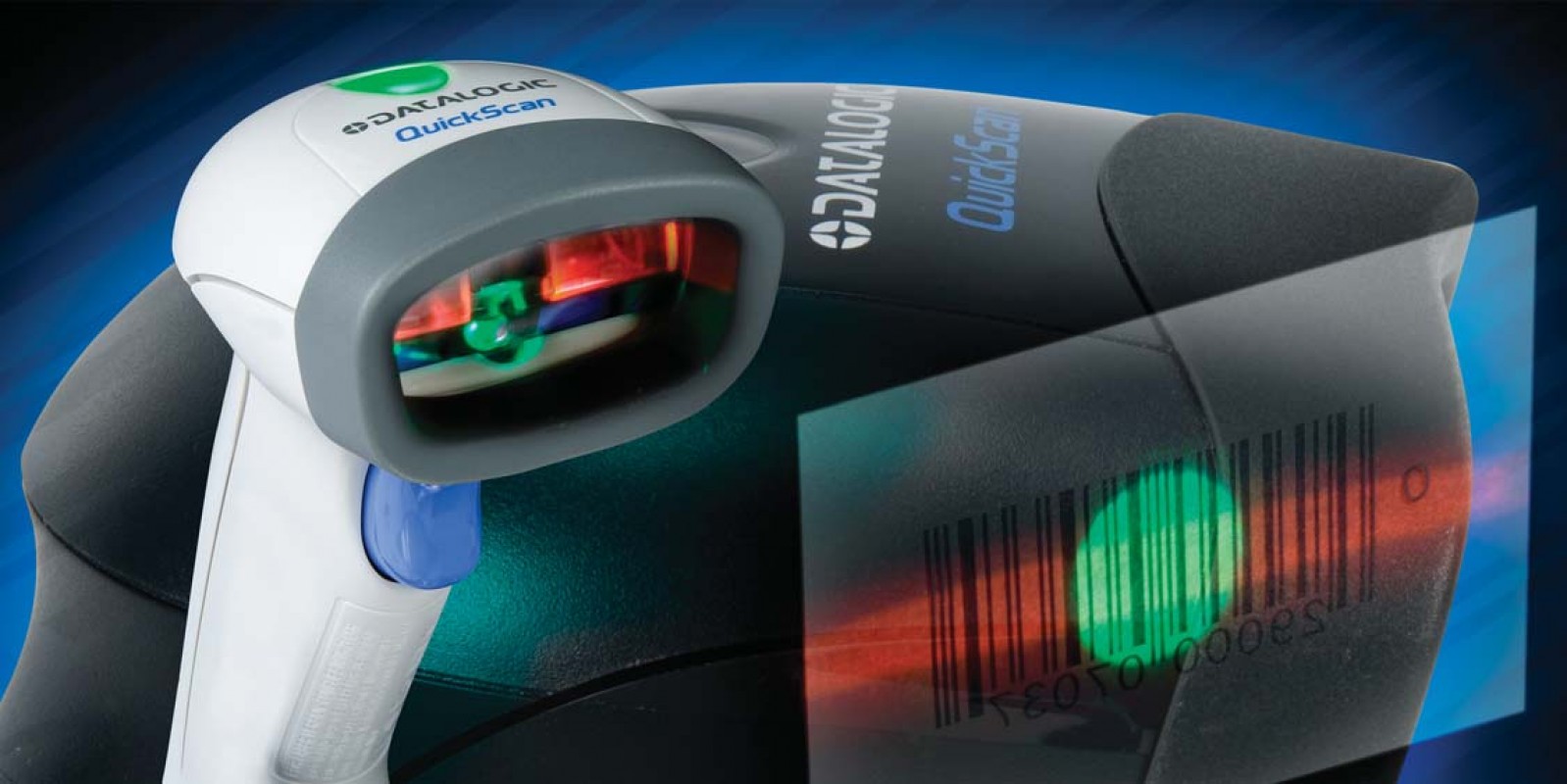
Barcode scanners are indispensable tools for efficient inventory management and accurate retail transactions. When choosing and purchasing barcode scanners for your business in Israel, there are several factors to consider to ensure smooth operation and accurate data collection. Here is a step by step guide to help you through the process:
1. Define your needs:
Determine your specific requirements for barcode scanners:
What types of products will you be scanning? (e.g. products, assets)
How will scanners be used? (point of sale, inventory management, mobile scanning)
Do you need wired or cordless scanners?
2. Types of barcode scanners:
Different types of barcode scanners are available, each suitable for different purposes:
Handheld scanners: These are the most common type of scanners suitable for retail shopping and inventory.
Presentation Scanners: Designed for large shopping malls, these scanners can quickly read barcodes without the need for fine pointing.
Mobile Scanners: These wireless scanners can be connected to smartphones or tablets, ideal for inventory management on the go.
3. Compatibility:
Make sure the barcode scanners you choose are compatible with your existing point-of-sale (POS) system or inventory management software.
4. Scan Distance & Range:
Consider the required scanning distance for your operations. Some scanners have a longer reading range to scan objects at a distance.
5. Barcode type compatibility:
Make sure the barcode scanner can read the types of barcodes used in your business, such as UPC, EAN, QR codes, etc.
6. Wireless:
If you choose wireless scanners, make sure they have a strong wireless connection (Bluetooth, Wi-Fi) and sufficient range.
7. Durability and build quality:
Choose scanners designed for your business environment, especially if they will be used in challenging environments.
8. Battery Life:
For wireless scanners, battery life is critical. Choose scanners with enough battery capacity for daily use.
9. Convenient interface:
Choose scanners with an easy-to-use interface, including clear displays and intuitive buttons.
10. Software integration:
Choose barcode scanners that can easily integrate with your existing software systems for accurate data capture.
11. Brand reputation:
Research reputable brands known for producing reliable and accurate barcode scanners.
12. Warranty & Support:
Select guaranteed scanners and trusted customer service for troubleshooting and maintenance.
13. Testing and demo:
Request a demo or trial of the barcode scanners you are interested in to evaluate their performance.
14. Budget allocation:
Determine your budget for barcode scanners, considering both the initial cost and any potential ongoing maintenance or support costs.
15. Vendor Research:
Identify local suppliers or distributors in Israel who can provide barcode scanners and offer after-sales service.
By following these steps and recommendations, you will be well prepared to select and purchase {69}barcode scanners that will improve your inventory management and sales processes, ensure accurate data collection, and optimize your business operations in Israel.{ 71}






